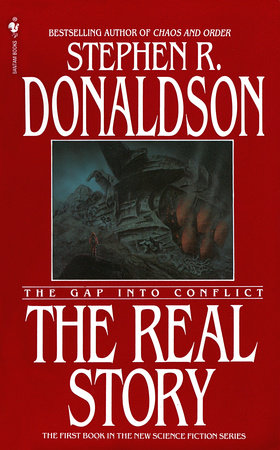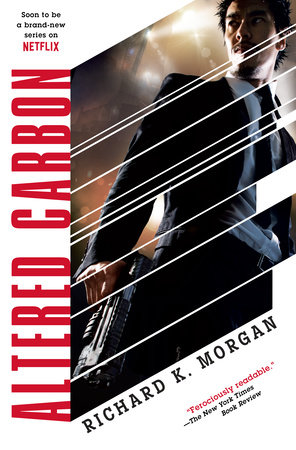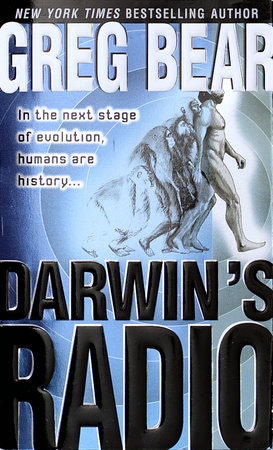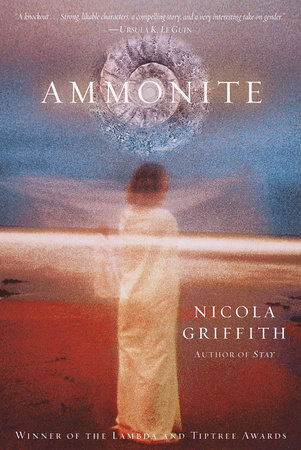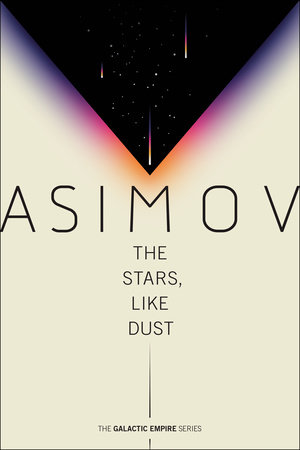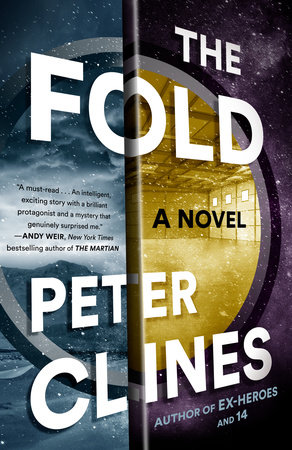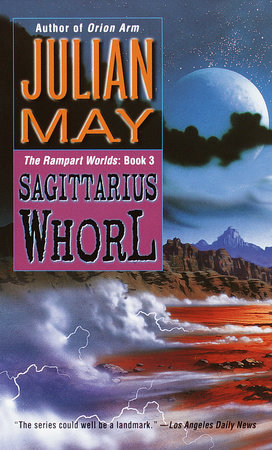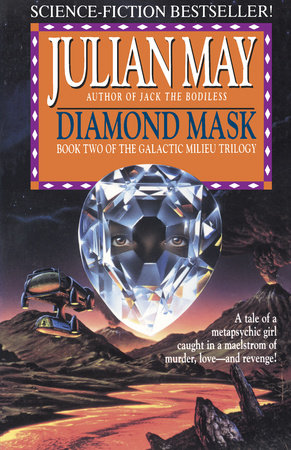Peter F. Hamilton has, according to the Denver Post, a “rare talent”–that of being able to create big-screen science fiction, broad enough in scope that it compares to Isaac Asimov’s Foundation trilogy and Frank Herbert’s Dune saga. Del Rey had the rare opportunity to talk to Hamilton about the alien races, strange future societies, mind-expanding new technologies, and non-stop action that contribute to his latest epic novel, Pandora’s Star.
Del Rey:Pandora’s Star takes place in a 24th century that reminds me a lot of the Clinton era of peace and prosperity right up to the moment that the dot.com meltdown and the terrorist attack on the World Trade Center dealt a one-two punch. In your future, the equivalent “punch” is the discovery of an aggressive and malevolent force previously unknown to humanity. Were the real-world events of 2001 an influence on your story?
Peter Hamilton:There’s actually a terrorist attack in Pandora’s Star that the majority of humanity watches unfolding through media news shows. Someone else remarked that this is what we all did on 9/11, a parallel which never occurred to me as I was writing it. Given the universal access which the civilization of Pandora’s Star has to all data and news, the scene was constructed without any thought of resonance to today’s events; it was simply inevitable to them. However, as the whole Commonwealth society is a loose extrapolation of current society, such parallels will be inescapable.
DR:You postulate a number of scientific advancements which seem inevitable in the course of human advancement, even if it will be a while before we’ll have them. For example, the invention of wormholes, which provide instant access from planet to planet, would springboard us into being a space faring society. What actual research is being done that might lay the groundwork for such technology?
PH:Wormholes as such aren’t an invention. Today they exist as a mathematical possibility, although admittedly a very esoteric one. It is the technology of ‘exotic’ matter which is the breakthrough you need to turn them into a reality. This energy type will allow wormholes to be held open, providing a short cut between different parts of the universe. There is a lot of research into quantum entanglement being conducted at the moment, which again is a theory that allows for faster-than-light communication. As for this becoming a practical transportation technology, I don’t expect it to be any time in the near, or even medium future.
DR:Another technologically cool idea in Pandora’s Star is Vinmar, a planet inhabited solely by artificial intelligences. The SIs (Sentient Intelligences) originated from over reliance on artificial intelligence “smartware” created to run the wormhole network. How far along are we in the development of true artificial intelligence, and do we need to be worried about what it might someday turn into?
PH:Depending on which computer experts you listen to, a true AI is either just round the corner, or completely impossible. Either one provides SF writers with plenty of scope to use in stories. However, the evolution of an AI into something new is a singularity event, a change which is impossible to predict or explain. In short, we don’t know if it would become hostile. In Pandora’s Star I’ve chosen this evolved AI to be indifferent to us. Almost.
DR:On the far edges of human-colonized space, a mysterious ruined ship is discovered. No trace of life is found inside, but a clan of fanatic doomsayers called the Guardians of Selfhood is convinced that an alien intelligence has invaded human space. Without giving anything away, what can you tell us about the mysterious Starflyer?
PH:According to the Guardians who are opposing it, the Starflyer is a uniquely malevolent alien secretly manipulating the human race for its own purpose. Of course, everyone else in the Commonwealth thinks the Guardians are a bunch of conspiracy theorist nutters run along cult lines to support their founder.
DR:Pandora’s Star contains more subplots than a daytime soap opera. Yet you keep each one well under control–and as the pages fly by, the dovetailing of story lines becomes more and more apparent. How do you plan out a novel of this magnitude? Is there a giant grid on the wall of your office?
PH: No grid, but certainly a bulky folder of notes. Planning out the characters, the worlds they’re on, and the way they interact took me a good four months to work out before starting to write the book proper.
DR:One of my favorite characters in Pandora’s Star is detective Paula Myo, who has never lost a case. I won’t reveal her life’s story here, since it makes fascinating reading, but suffice it to say that she is the result of genetic engineering. We’ve heard claims of human cloning recently, and we’ve already seen the beneficent results of in-vitro genetic surgery. Can you see society in general turning to more and more specific forms of genetic manipulation in order to have the children of their dreams?
PH:At the moment the field is alive with controversy. For the near future I can see the rich using this technology to modify their children. In which case a new and very artificial divide will certainly exist. We may even see humanity branching off into sub-species.
DR:Your wormhole technology allows for almost infinite human expansion into the stars. Which colony in the story is your favorite, and will we see more of it?
PH:It has to be Far Away, a planet whose biosphere was ruined by a massive solar flare and which was virtually dead when discovered. A situation which allows humans to reseed it however they want, creating a whole patchwork of different and exotic life forms rubbing up against each other. It will be featured quite heavily in volume two.
DR:You’re working now on the completion of this vast epic, to be titled Judas Unleashed. Having fun?
PH: Oh yes. Pulling together all the plot strands, hopefully in a fashion that people can’t predict, is always satisfying.






